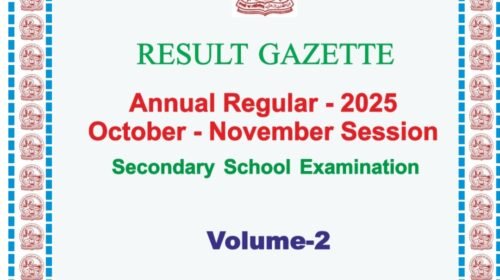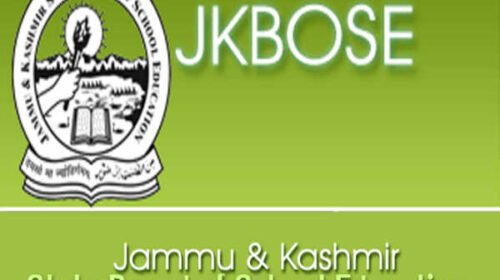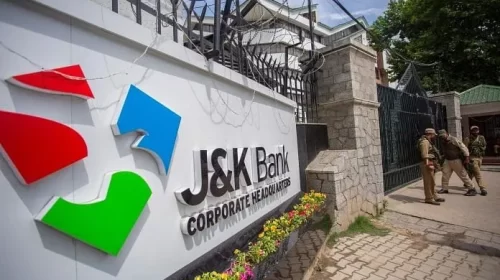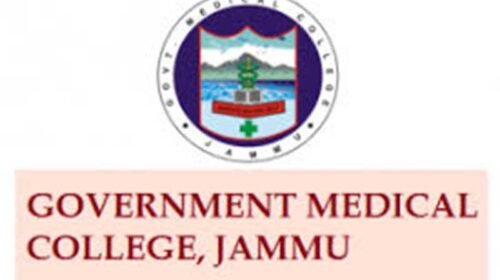A Delhi court has discharged senior Hurriyat leader Asiya Andrabi, Kashmiri photojournalist Kamran Yousuf and vendor Javed Ahmad Bhat in a 2017 militancy funding case, citing insufficient evidence against them.
The Delhi court, in its March 16 order, discharges photojournalist Kamran Yusuf, vendor Javed Ahmad Bhat, and Asiya Andrabi, who were made accused by the National Investigation Agency (NIA) of India in the 2017 militancy-funding case, saying the evidence against them was insufficient, , The Indian Express reported.
| Install Our App | DOWNLOAD |
| Join Telegram Channel | JOIN NOW |
| Join Facebook Group | JOIN NOW |
| Subscribe YouTube Channel | SUBSCRIBE |
| Follow On Twitter | FOLLOW |
| Follow On Instagram | FOLLOW |
In all, there were 17 accused in the case, including Lashker-e-Taiba (LeT) chief Hafiz Mohammad Saeed, Hizb-ul-Mujahideen (HM) head Syed Salahuddin, former JKLF chief Yasin Malik, Shabir Shah, late SAS Geelani’s son-in-law Altaf Ahmad Shah, Zahoor Ahmad Shah Watali, and Farooq Ahmad Dar. The court, however, ordered framing of charges against the remaining 14 accused under various IPC sections and Unlawful Activities (Prevention) Act, the report said.
The NIA had alleged that Yusuf and Bhat were involved in several stone-pelting incidents and had links with the over-ground workers of some militancy outfits. However, Special Judge (NIA) Parveen Singh in his March 16 order said there was no sufficient evidence to raise a suspicion that the two accused were part of a larger conspiracy.
“There is no evidence before the court that reflects that they were part of a conspiracy to propagate a secessionist agenda,” the court said. Both the accused were out on bail since 2018.
The NIA had filed a case in 2017 and then filed the charge sheet against all the 17 accused from Kashmir, alleging that they were conspiring with militant organisations such as LeT and and HM to ‘instigate general public to resort to violence’ in a bid to propagate their ‘secessionist agenda’.
In charges against Yusuf and Bhat, the NIA had relied on various documents, including a report of Anantnag DIG, identifying Yusuf as a member of WhatsApp group ‘Pulwama Rebels’, and another document that stated he had posted pictures of terrorists with caption ‘Freedom coming soon’. Another document claimed Yusuf was in contact with one Adil, who was an overground worker of terror outfits, and that Bhat was an overground worker of HM.
The court, however, said these were only unsubstantiated opinions; and while discharging Yusuf and Bhat, it noted that the statements of two protected witnesses were similar.
“No basis for drawing this conclusion has been placed on record…thus in absence of any evidence, these merely remain unsubstantiated opinions. Now, take the statements of the witnesses. I find that these are two very vague statements which on the face of it, have been given in a very routine manner, a fact which is further verified because both are verbatim same. Therefore, the evidence pressed against the accused 11, 12 (Yusuf and Bhat) is on a very weak footing and can only raise a slight suspicion, not grave suspicion about the involvement of the accused in these incidents,” the court observed.











